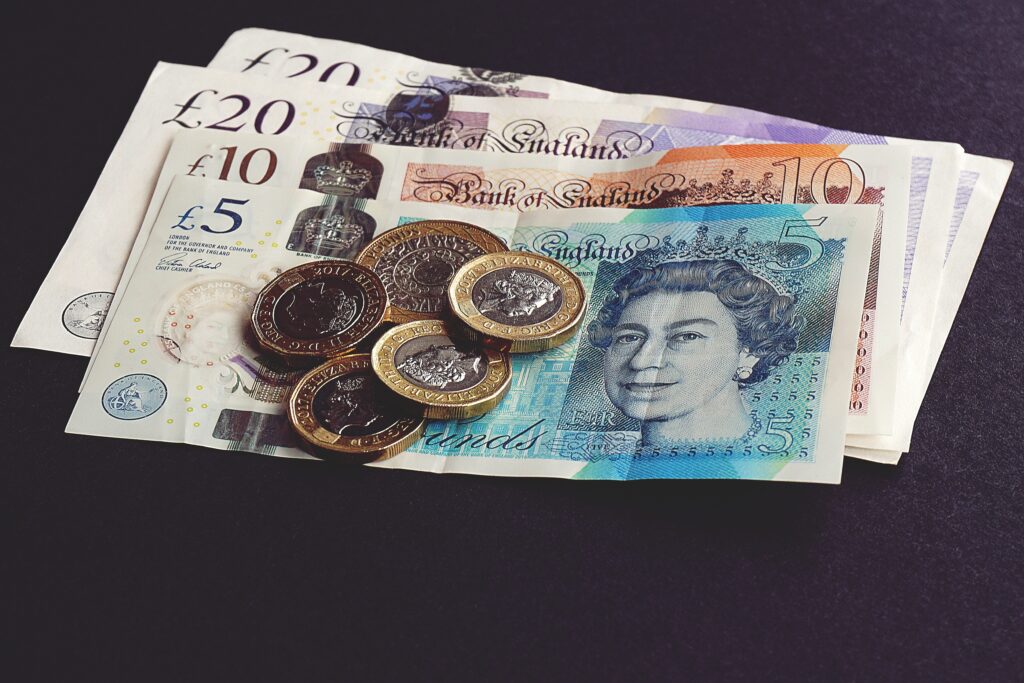Up for a bit of learning today? Hoping to understand a bit more about deposits before you buy your first property? Well, you’ve found yourself in good company as we break down everything you need to know about one of the most important topics when it comes to buying a new home.
Putting a deposit down on a house is quite literally getting one foot in the door when it comes to buying your first property. Simply put, a deposit is the amount of money you pay upfront for your new home. This deposit then enables you to get a bank or money lender to help you get a mortgage (that’s the way to pay back the remaining fee for the property, usually paid back each month). The bigger the deposit you pay upfront, the less money your mortgage will be. Don’t worry! If you’re not familiar with the term ’Mortgage’, we’ll cover that in a whole new jargon bustin’ blog very soon.
Let’s have a look into a deposit in real terms, so you can grab a more realistic insight into how they work.
So, you’ve trawled the internet and rang up all the estate agents in the area you like and you’ve finally found a property that you are absolutely besotted with. Let’s say, for example, this dream pad is £300,000. Whether you’re being helped out by the bank of mum and dad (BOMAD) or you’ve scrimped and saved for years on end, you’re going to need to cough a bit of cash straight off the bat and get that deposit on the table. Most lenders or banks will want to see a 20% deposit of the overall cost but other banks or lenders may vary and want a 15%, 10% or a minimum of 5%.
Dream house at £300,000:
5% deposit: £15,000
10% deposit: £30,000
15% deposit: £45,000
20% deposit: £60,000
If you haven’t got as far as contacting the seller or estate agent yet, that’s fine too. Go online and look at the area your ideal property is in and take some notes on their general prices. They might only be asking prices, but this way you can roughly calculate how much deposit might be needed for the area you are interested in.
Before you go, we should tell you about Buy-To-Let Deposits too. For this type of deposit lenders or banks will normally like to see at least 20-25% of the property’s value. Again, the same rule applies, the bigger the deposit the better the deal you’ll get on your repayments.
A Buy-To-Let Deposit pretty much does what it says on the tin, meaning you’ll be putting money down for a flat or property that you’ll be letting or renting out.
We hoped this put you a little bit more at ease when it comes to the world of deposits and gave you the knowledge you need when buying your first property. And remember, mypropertyadvice.com are always here to answer any questions you may have! Book a FREE five minute phone call with a property expert here

